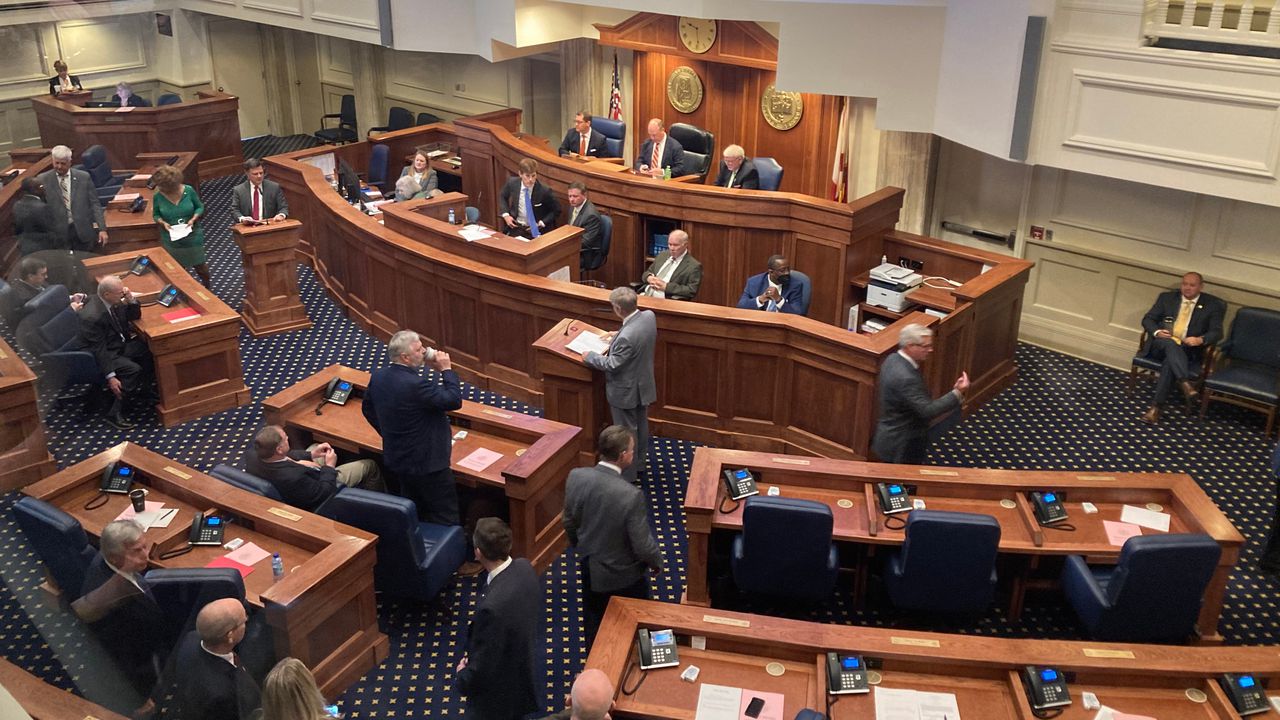Plan for Alabama to spend $1 billion in ARPA funds could pass today
The Alabama Senate is considering today a bill to spend $1.06 billion in federal funds, the state’s final round of funding from the American Rescue Plan Act, a plan that will use the money mostly for water and sewer projects, reimbursements of health care costs, and expansion of broadband internet access.
Congress passed the plan two years ago to help states recover from the healthcare costs and economic impact of the COVID-19 pandemic. Lawmakers have mostly shown strong support for the plan since the special session called by Gov. Kay Ivey started last week.
The House passed the bill 102-3 on Tuesday. It won approval in a Senate committee Wednesday, with 12 senators voting for it and three abstaining. The committee added an amendment to allow cities and counties to use some of the money for stormwater drainage projects. That means the bill will have to return to the House if the Senate passes it today.
The plan would allocate $400 million to water and sewer projects, $339 million to healthcare costs, and $260 million to expand access to broadband internet. Another $55 million would fund a grant program for community programs like those for food banks, senior citizens, housing assistance, and summer learning and sports programs for children.
The health care funding would include reimbursements for pandemic-related costs, including $100 million for hospitals, $100 million for nursing homes, $5 million for state veterans homes, $40 million for the state employees health insurance program, and $40 million for the public education employees health insurance program. Another $25 million would go to mental health services, $9 million would go to promote the use of telemedicine, and $20 million would go to a voluntary clinical trial and health care research program.
Sen. Arthur Orr, R-Decatur, said today he could not support the bill because it did not fully reimburse the Public Employees’ Health Insurance Plan for its pandemic-related costs. Orr is chair of the Senate’s education budget committee.
This story will be updated.
